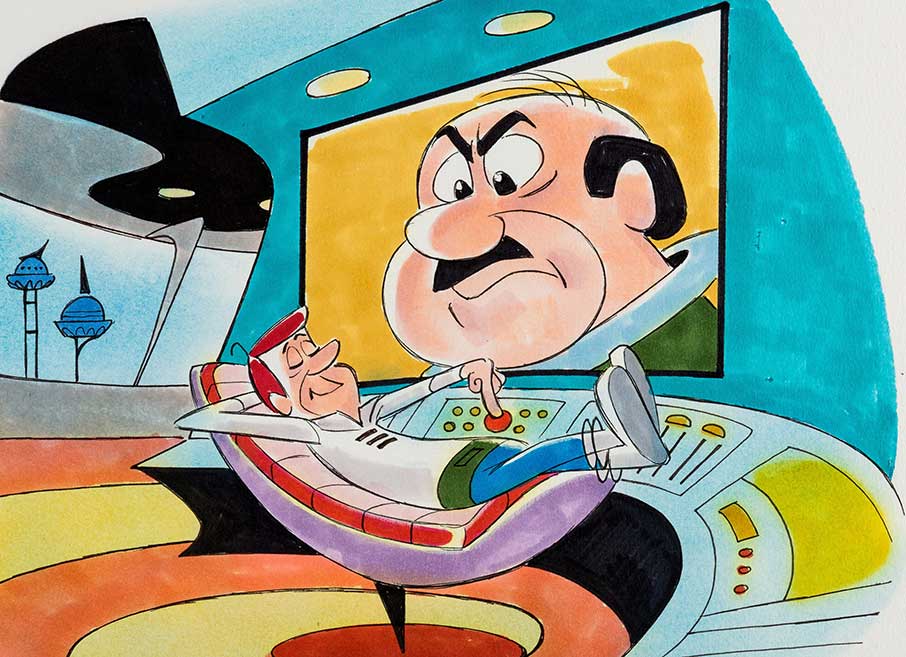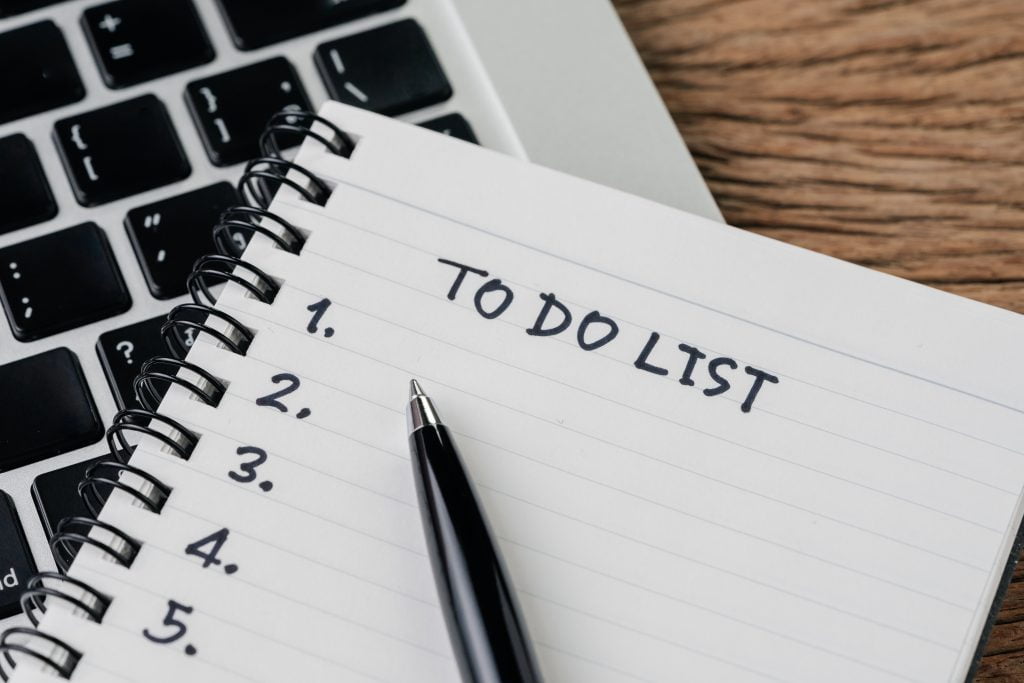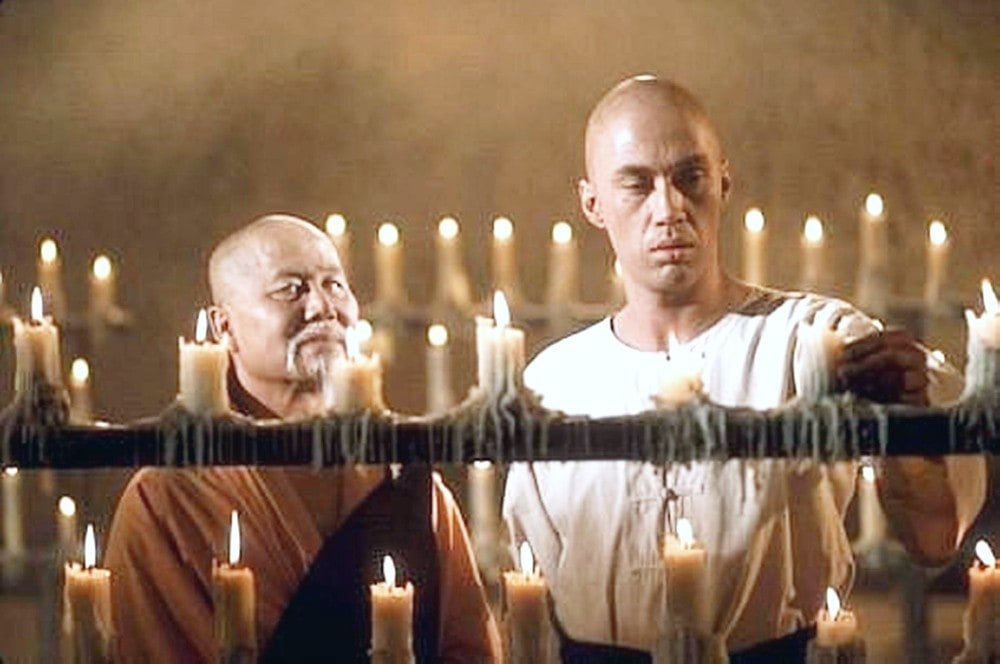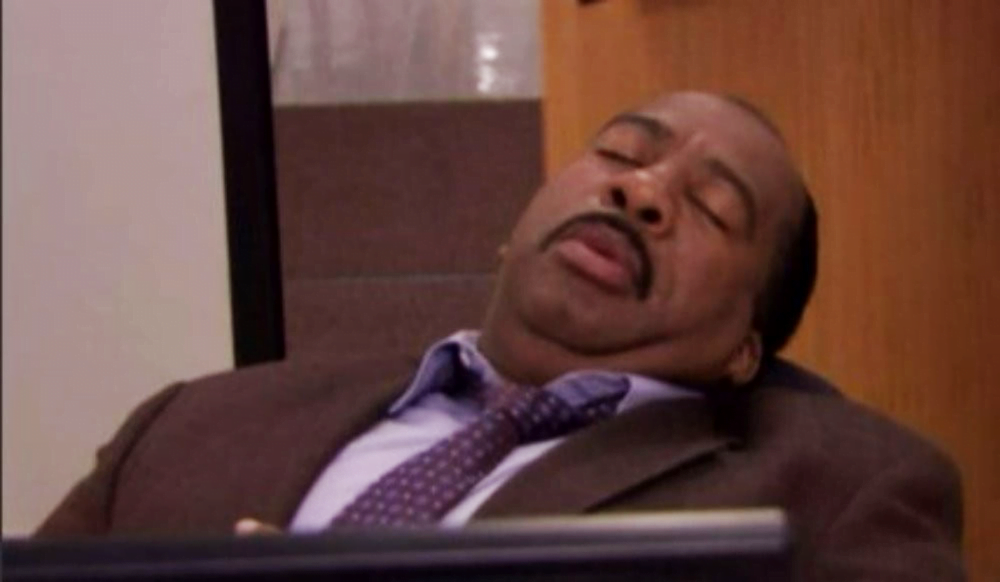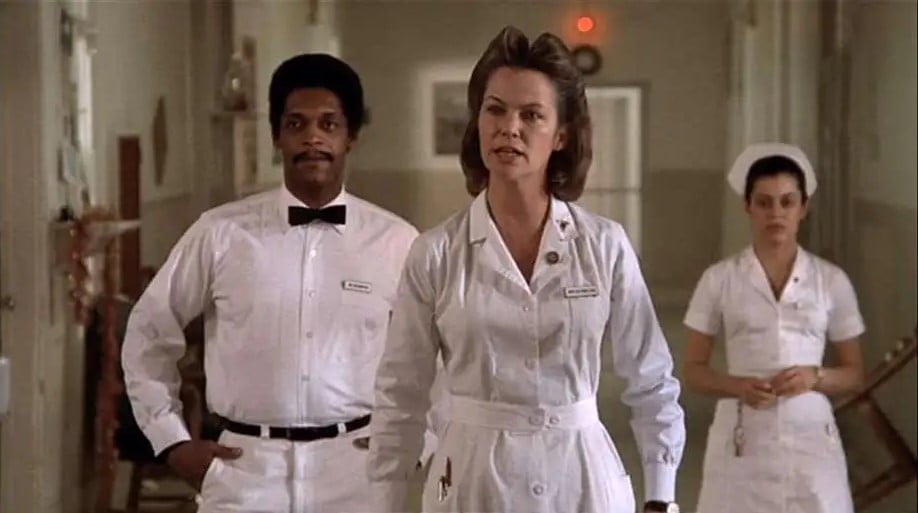Know When To Hold ‘em, Know When To Fold ‘em
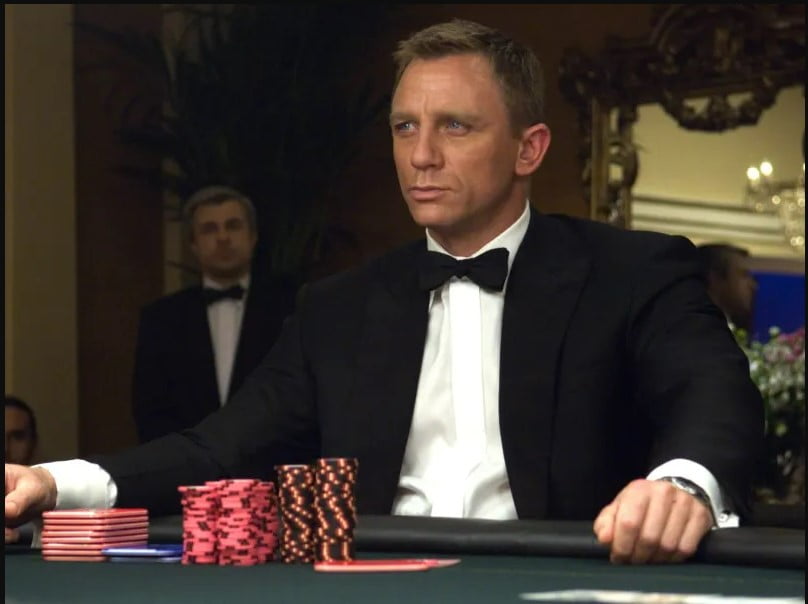
I field a lot of calls from members of the public who believe that they have a case worth pursuing. After a brief listen, I can tell that they do not, because I have been doing this for a while. Nevertheless, the callers will often persist that there was a violation of the standard of care, or that laws were broken, or that something else caused them harm. Usually, they are right, but they are missing the critical factor of damages or some elementary issue of law that torpedoes their case. You can only learn this stuff by being a lawyer for a while. My physician wife used to spend a lot of time dealing with people who had done well-intentioned research of the internet but were missing about 10 years of medical training. It’s similar with my callers.
On the other hand, I was talking to a contractor friend recently and said that I would like to be a stone mason in retirement. It seems nice and peaceful to me. Place mortar, place brick, repeat. He laughed and said, my father was a stone mason, my brother was a stone mason, etc. It’s hard back breaking work outdoors etc. So, things are not always what they seem and very, very little is easily learned from the internet. Remember, the prosecutor trying to undermine Vinny’s wife in my cousin Vinny?
What makes someone a plaintiff’s personal injury lawyer, like me, versus an insurance defense lawyer or a corporate litigator? What makes someone a surgeon instead of an oncologist? To some extent, the area of your profession that you are happy in is one that suits your personality or your skills. Very, very few people can be good surgeons. It takes a level of dexterity and belief in your self and your skills and training that few people possess. Similarly, few surgeons want to or can bring a critical level of empathy to working with cancer patients fighting to survive.
How about lawyers? I was a defense lawyer for a while, but I always felt badly for the injured people I was up against. I am much happier representing the injured people than the insurance carriers. That’s just me. What else matters in my world? It is nearly impossible to be a successful personal injury lawyer or practice without a really strong personal and professional balance sheet. In my practice, cases settle fairly regularly, but dosing out settlements and knowing with some certainty what you are going to make in a year and how to prepare for bumps in the road is something that few lawyers can do well. What does a bump in the road look like? You go to trial on an auto case, turn down a mediocre effort, win on negligence and the jury finds no causation. Okay, stuff happens. You just lost $13,000. Meh. That doesn’t feel good. But, I absorb that and move on. What is the lesson? Well, I look at my caseload and keep money around for the tougher cases or more longshot cases. Less aggressive or less risk taking lawyers try to dose out their bigger cases by putting one or two in a year. I have more confidence and am better financed after years of doing this, that I put my biggest strongest cases into suit as soon as I get a crappy defense offer from the insurer. Yes, the case may cost me $25,000 over the next year or two, but I have confidence in what I am doing.
Most of my defense lawyer brethren and sisters don’t have the money to place down on the line and don’t have the internal willingness to do it. I am no gambler, but I am willing to put myself on the line for a good case. Most lawyers don’t ever do that or want any part of that. Insurance defense lawyers whom I am up against are burdened by ten times the number of cases that I run. I know my cases one hundred times better than they do, but that is the luxury of my side of things. The problem on the defense side is that they get used to doing a competent job on a huge number of cases. Often, what happens is that in the process of moving cases along, the defense lawyer just gets used to being competent.

